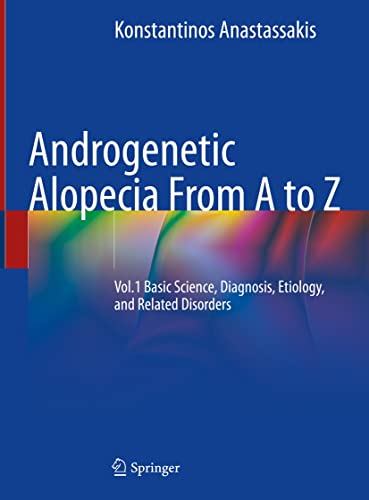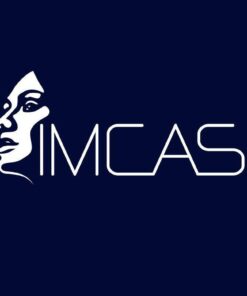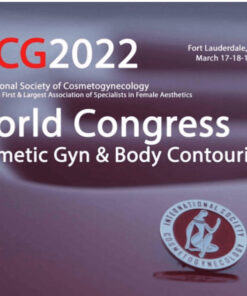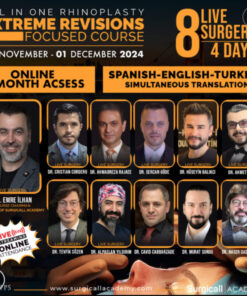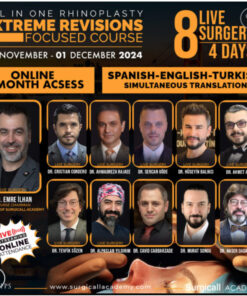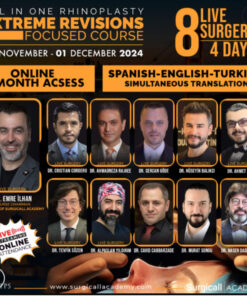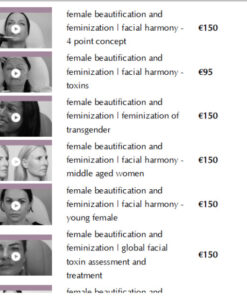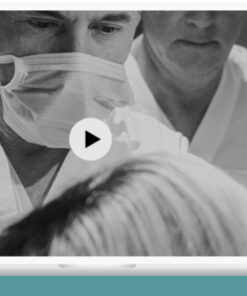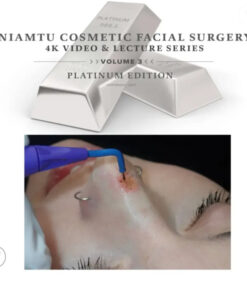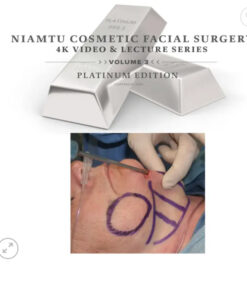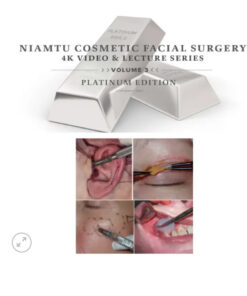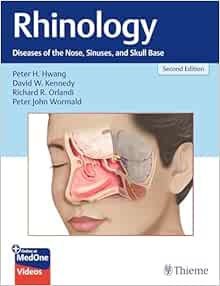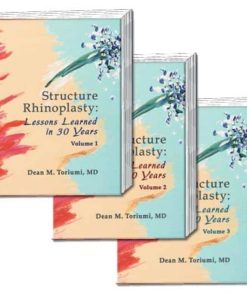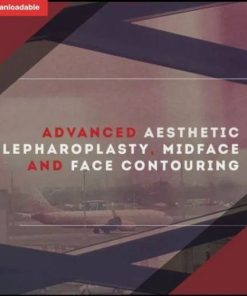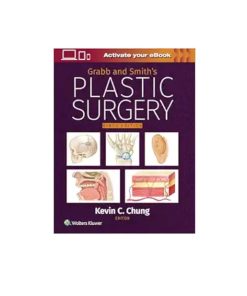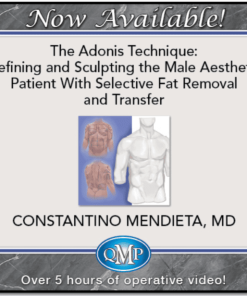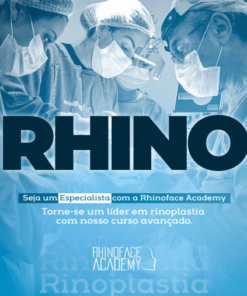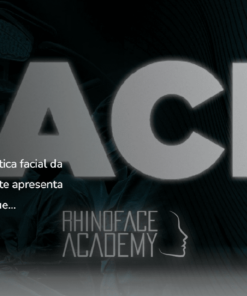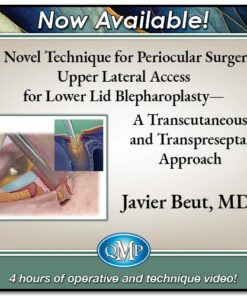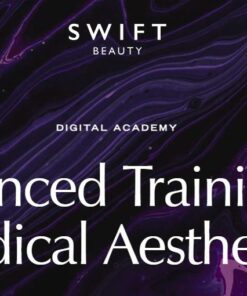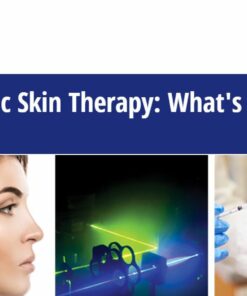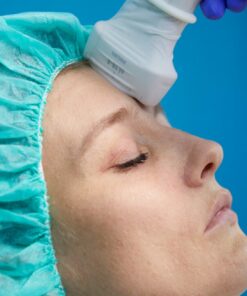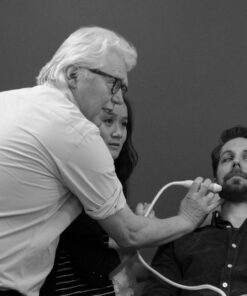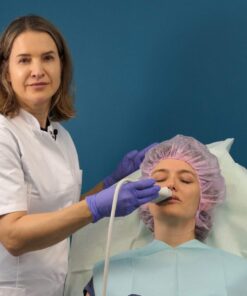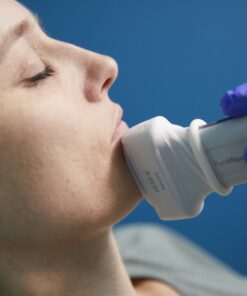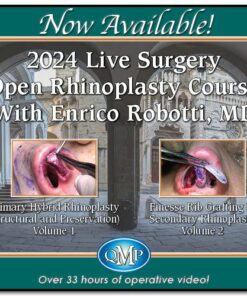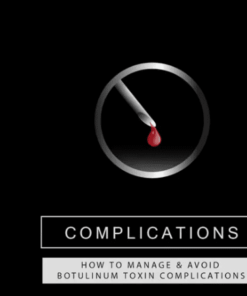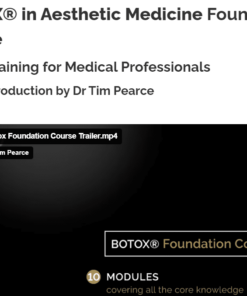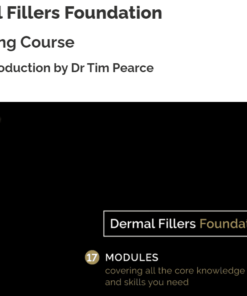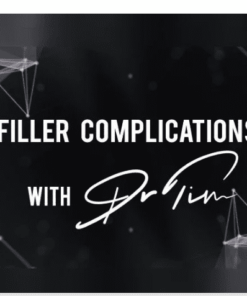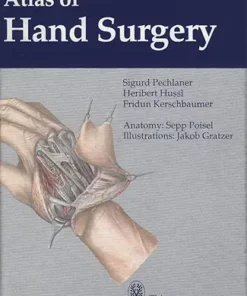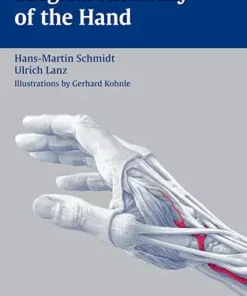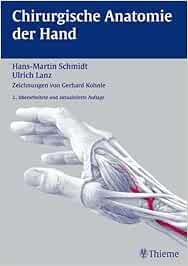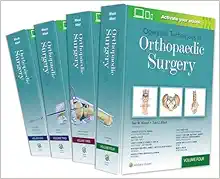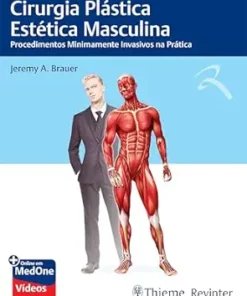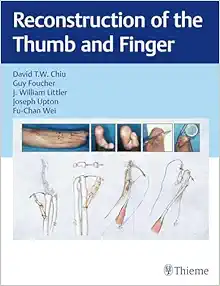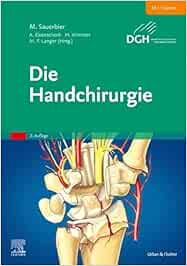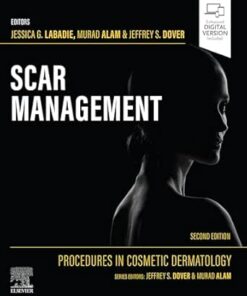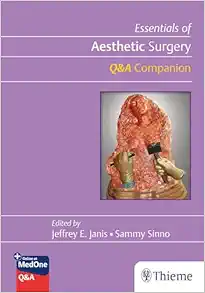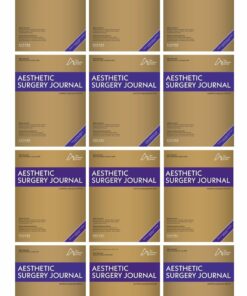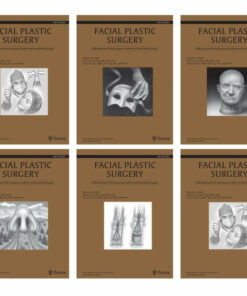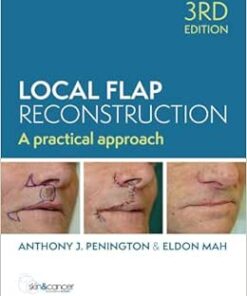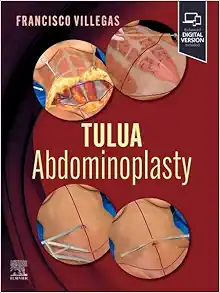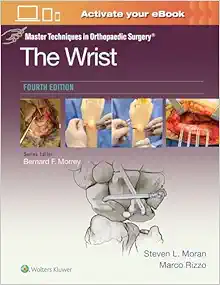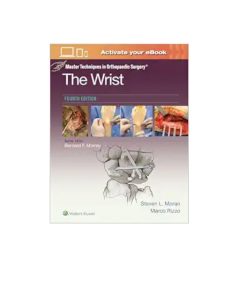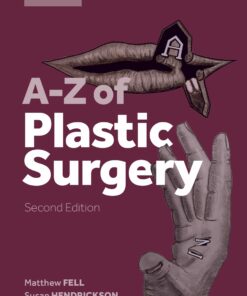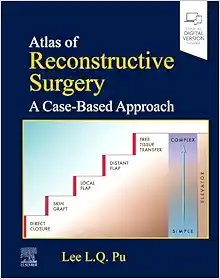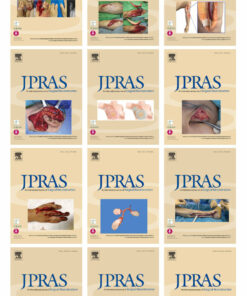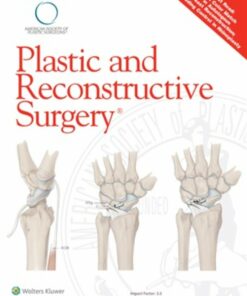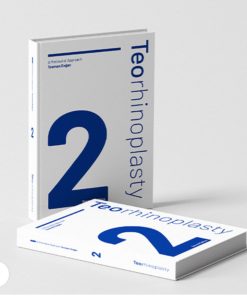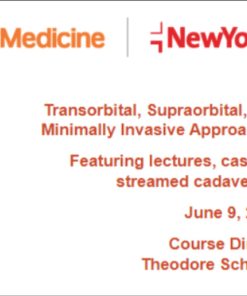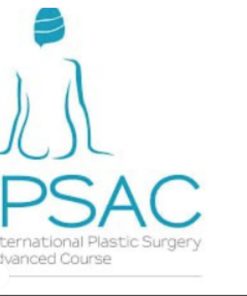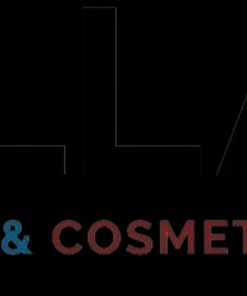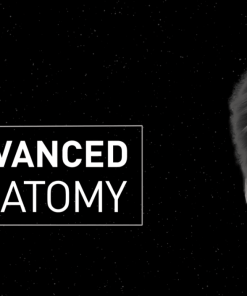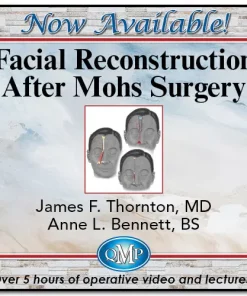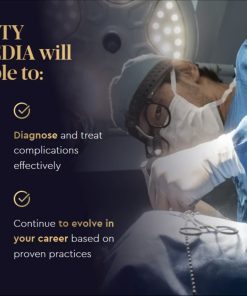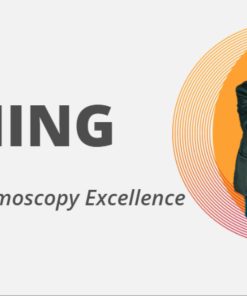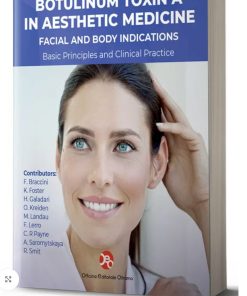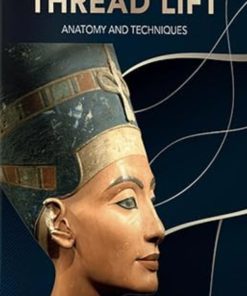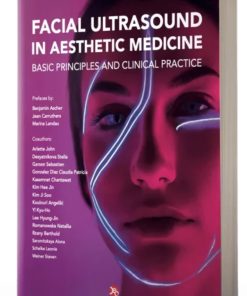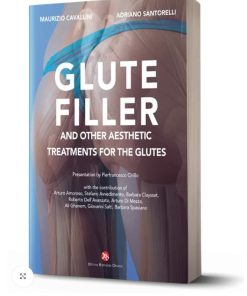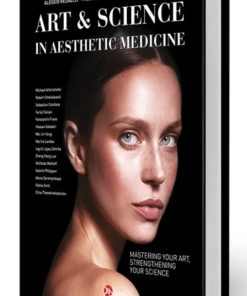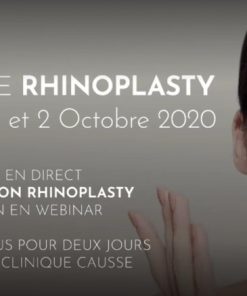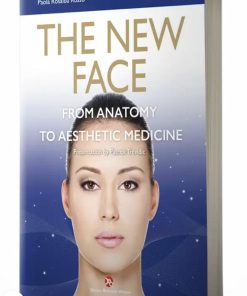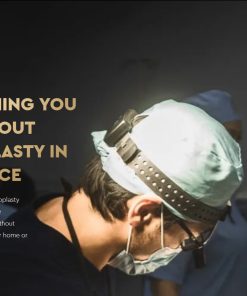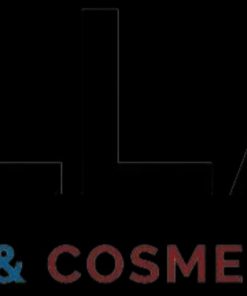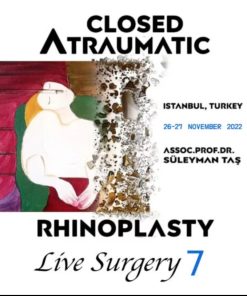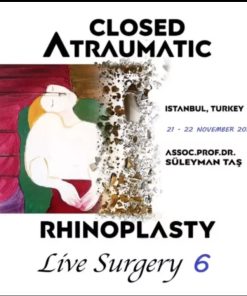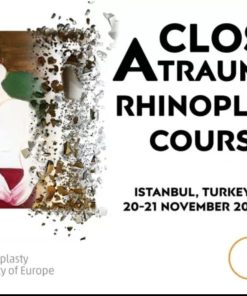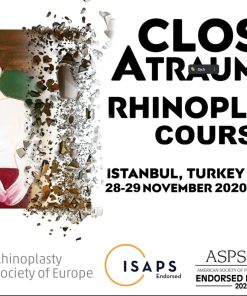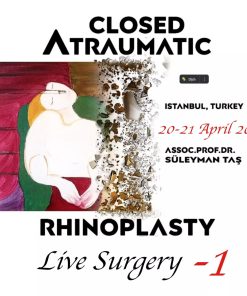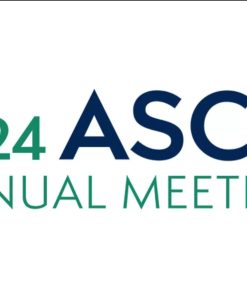Androgenetic Alopecia From A to Z: Vol. 2 Drugs, Herbs, Nutrition and Supplements pdf original
$20
by Konstantinos Anastassakis (Author)
This second of three related volumes, designed as a reference tool for the understanding and treatment of Androgenetic Alopecia and Female Pattern Hair Loss (AGA/FPHL), is structured in 4 sections: 63 dedicated chapters covering every aspect of medical (non-surgical, non-invasive) and nutritional treatment options and clinical effects.
FDA-approved hair growth drugs, every frequently prescribed “off-label” or experimental drug, hormones, cosmeceuticals, and popular fraudulent controversial products are all presented in 26 chapters, with figures, tables, algorithms, and thousands of fully updated and balanced literature citations.
Filling a gap in the latest literature, Androgenetic Alopecia From A to Z: Drugs, Herbs, Nutrition, and Supplements includes a thorough review of lifestyle and nutritional factors specifically affecting AGA/FPHL, including excessive caloric intake, high-fat diets, caloric deprivation, alcohol abuse, and smoking. The intricate effects of nutrition on hair loss, one of the most neglected and misunderstood fields in Dermatology, are presented as well, with a plethora of clinically valuable information: why food supplements are so popular, the regulatory minefield of supplements, and the life-threatening perils of nutritional supplementation, are all reviewed extensively. Each vitamin, major mineral, and trace element implicated in follicular physiology is reviewed in altogether 24 dedicated chapters according to their specific effects on the hair follicle, food sources, dietary recommendations, and the impact of deficiency or excess.
This volume includes a comprehensive chapter on the understanding of Complementary-Alternative Medicine (CAM). CAM is an umbrella term for methods that lie outside evidence-based medicine and a part of a societal trend towards the rejection of science as a method of determining facts. The pitfalls and challenges in understanding botanicals with reported hair growth properties, from publication bias to lack of standardization, as well as their unpredictable pharmacological and physiological effects, are all explained in detail. Finally, all popular botanical products reported to possess hair growth properties are appraised in 14 dedicated chapters, each including a detailed review of the general effects, the suggested biochemical mechanisms, claimed actions on the hair follicle, all available studies, and hundreds of literature citations. This carefully crafted book will be an invaluable reference tool for dermatologists and all clinical practitioners dealing with Androgenetic Alopecia and Female Pattern Hair Loss and will help them answer challenging patient questions, debunk myths on hair growth drugs, and supplements and navigate patients towards effective and safe treatment schemes.
Related Products
PLASTIC & RECONSTRUCTIVE SURGERY
PLASTIC & RECONSTRUCTIVE SURGERY
PLASTIC & RECONSTRUCTIVE SURGERY
PLASTIC & RECONSTRUCTIVE SURGERY
ISCG 2022 Cosmetic Gyn & Body Contouring 3-Day World Congress
PLASTIC & RECONSTRUCTIVE SURGERY
PLASTIC & RECONSTRUCTIVE SURGERY
PLASTIC & RECONSTRUCTIVE SURGERY
PLASTIC & RECONSTRUCTIVE SURGERY
PLASTIC & RECONSTRUCTIVE SURGERY
ISCG 2024 Cosmetic Gyn & Body Contouring 3-Day World Congress
PLASTIC & RECONSTRUCTIVE SURGERY
PLASTIC & RECONSTRUCTIVE SURGERY
PLASTIC & RECONSTRUCTIVE SURGERY
uma-institute attractiveness: female beautification & feminization
PLASTIC & RECONSTRUCTIVE SURGERY
uma-institute advanced filler techniques combining CaHA, HA and hybrid fillers
PLASTIC & RECONSTRUCTIVE SURGERY
PLASTIC & RECONSTRUCTIVE SURGERY
PLASTIC & RECONSTRUCTIVE SURGERY
PLASTIC & RECONSTRUCTIVE SURGERY
Niamtu Cosmetic Surgery Platinum Deluxe Full Series Compilation
PLASTIC & RECONSTRUCTIVE SURGERY
Rhinology: Diseases of the Nose, Sinuses, and Skull Base 2e (Original PDF from Publisher+Videos)
PLASTIC & RECONSTRUCTIVE SURGERY
STRUCTURE RHINOPLASTY: Lessons Learned in 30 Years by Dean Toriumi 3-Volumes 2019
PLASTIC & RECONSTRUCTIVE SURGERY
Advanced aesthetic blepharoplasty, midface and face contouring videos course (live surgery)
PLASTIC & RECONSTRUCTIVE SURGERY
Grabb and Smith’s Plastic Surgery, 9th edition (Videos Only)
PLASTIC & RECONSTRUCTIVE SURGERY
Grabb and Smith’s Plastic Surgery, 9th edition (EPUB + Converted PDF)
PLASTIC & RECONSTRUCTIVE SURGERY
PLASTIC & RECONSTRUCTIVE SURGERY
LIPS FOR KISS The Diamond Pack – THE ULTIMATE AESTHETIC MASTERY COLLECTION
PLASTIC & RECONSTRUCTIVE SURGERY
PLASTIC & RECONSTRUCTIVE SURGERY
PLASTIC & RECONSTRUCTIVE SURGERY
drtimpearce Julie Horne Directs, Dr Tim Injects – February 2023
PLASTIC & RECONSTRUCTIVE SURGERY
360° Gluteal Harmonization MasterClass Dr. Roberto Chacur 2025
PLASTIC & RECONSTRUCTIVE SURGERY
SWIFT Beauty DIGITAL ACADEMY Advanced Training in Medical Aesthetics 2024
PLASTIC & RECONSTRUCTIVE SURGERY
Harvard Laser & Aesthetic Skin Therapy: What’s the Truth 2024
PLASTIC & RECONSTRUCTIVE SURGERY
Cutaneous ONLINE COURSE- Anatomy online course (all 7 modules) 2024
PLASTIC & RECONSTRUCTIVE SURGERY
Cutaneous ONLINE COURSE – Clinical application of duplex ultrasound (all 10 modules) 2024
PLASTIC & RECONSTRUCTIVE SURGERY
PLASTIC & RECONSTRUCTIVE SURGERY
PLASTIC & RECONSTRUCTIVE SURGERY
2024 Live Surgery Open Rhinoplasty Course With Enrico Robotti, MD: 2-Volume Video Series
PLASTIC & RECONSTRUCTIVE SURGERY
PLASTIC & RECONSTRUCTIVE SURGERY
PLASTIC & RECONSTRUCTIVE SURGERY
PLASTIC & RECONSTRUCTIVE SURGERY
PLASTIC & RECONSTRUCTIVE SURGERY
PLASTIC & RECONSTRUCTIVE SURGERY
PLASTIC & RECONSTRUCTIVE SURGERY
PLASTIC & RECONSTRUCTIVE SURGERY
PLASTIC & RECONSTRUCTIVE SURGERY
PLASTIC & RECONSTRUCTIVE SURGERY
PLASTIC & RECONSTRUCTIVE SURGERY
Chirurgische Anatomie der Hand, 2nd edition (Original PDF from Publisher)
PLASTIC & RECONSTRUCTIVE SURGERY
PLASTIC & RECONSTRUCTIVE SURGERY
PLASTIC & RECONSTRUCTIVE SURGERY
PLASTIC & RECONSTRUCTIVE SURGERY
Reconstruction of the Thumb and Finger (Original PDF from Publisher)
PLASTIC & RECONSTRUCTIVE SURGERY
Die Handchirurgie, 2nd edition (True PDF from Publisher+Videos)
PLASTIC & RECONSTRUCTIVE SURGERY
Procedures in Cosmetic Dermatology: Scar Management, 2nd edition (EPUB + Converted PDF)
PLASTIC & RECONSTRUCTIVE SURGERY
Essentials of Aesthetic Surgery Q&A Companion (Original PDF from Publisher)
PLASTIC & RECONSTRUCTIVE SURGERY
PLASTIC & RECONSTRUCTIVE SURGERY
PLASTIC & RECONSTRUCTIVE SURGERY
Local Flap Reconstruction, 3rd edition (Original PDF from Publisher)
PLASTIC & RECONSTRUCTIVE SURGERY
TULUA Abdominoplasty: Transverse Plication Technique (Original PDF from Publisher)
PLASTIC & RECONSTRUCTIVE SURGERY
Master Techniques in Orthopaedic Surgery: The Wrist, 4th edition (EPUB)
PLASTIC & RECONSTRUCTIVE SURGERY
Master Techniques in Orthopaedic Surgery: The Wrist, 4th edition (Videos Only)
PLASTIC & RECONSTRUCTIVE SURGERY
A-Z of Plastic Surgery, 2nd Edition (Original PDF from Publisher)
PLASTIC & RECONSTRUCTIVE SURGERY
Atlas of Reconstructive Surgery: A Case-Based Approach: A Case-Based Approach (EPUB)
PLASTIC & RECONSTRUCTIVE SURGERY
Journal of Plastic, Reconstructive & Aesthetic Surgery 2024 Full Archives (True PDF)
PLASTIC & RECONSTRUCTIVE SURGERY
Plastic & Reconstructive Surgery January 2025 – Volume 155 – Issue 1 (True PDF+Videos)
PLASTIC & RECONSTRUCTIVE SURGERY
Lips for kiss full package – package to cover most of face filler techniques
PLASTIC & RECONSTRUCTIVE SURGERY
PLASTIC & RECONSTRUCTIVE SURGERY
Augmentation Mammaplasty with DVD: Redefining the Patient and Surgeon Experience 1st Edition
PLASTIC & RECONSTRUCTIVE SURGERY
The Osler Plastic Surgery Certifying Exam Oral Review (Extracted 2024)
PLASTIC & RECONSTRUCTIVE SURGERY
Transorbital, Supraorbital, and Endonasal 3 MIS Approaches to the Skull Base 2023
PLASTIC & RECONSTRUCTIVE SURGERY
PLASTIC & RECONSTRUCTIVE SURGERY
PLASTIC & RECONSTRUCTIVE SURGERY
South American Plastic Surgery SAPS All Meeting 1st Time In Brazil 2023
PLASTIC & RECONSTRUCTIVE SURGERY
PLASTIC & RECONSTRUCTIVE SURGERY
PLASTIC & RECONSTRUCTIVE SURGERY
PLASTIC & RECONSTRUCTIVE SURGERY
PLASTIC & RECONSTRUCTIVE SURGERY
PLASTIC & RECONSTRUCTIVE SURGERY
CME Nuances in Injectables: The Next Beauty Frontier video course 2024
PLASTIC & RECONSTRUCTIVE SURGERY
PLASTIC & RECONSTRUCTIVE SURGERY
PLASTIC & RECONSTRUCTIVE SURGERY
PLASTIC & RECONSTRUCTIVE SURGERY
Botulinum Toxin A in Aesthetic Medicine Facial and body indications (3rd Edition)-2020
PLASTIC & RECONSTRUCTIVE SURGERY
PLASTIC & RECONSTRUCTIVE SURGERY
PLASTIC & RECONSTRUCTIVE SURGERY
GLUTEFILLER and Other Aesthetic Treatments for the Glutes (OEO)-2024 (PDF + VIDEO)
PLASTIC & RECONSTRUCTIVE SURGERY
PLASTIC & RECONSTRUCTIVE SURGERY
PLASTIC & RECONSTRUCTIVE SURGERY
South American Plastic Surgery Face & Rhino Masters Immersion Course 2020
PLASTIC & RECONSTRUCTIVE SURGERY
The New Face. From Anatomy to Aesthetic Medicine-2019 (PDF + VIDEO)
PLASTIC & RECONSTRUCTIVE SURGERY
PLASTIC & RECONSTRUCTIVE SURGERY
PLASTIC & RECONSTRUCTIVE SURGERY
PLASTIC & RECONSTRUCTIVE SURGERY
2022 Closed Atraumatic Rhinoplasty and FaceLift&NeckLift Course 7
PLASTIC & RECONSTRUCTIVE SURGERY
PLASTIC & RECONSTRUCTIVE SURGERY
PLASTIC & RECONSTRUCTIVE SURGERY
PLASTIC & RECONSTRUCTIVE SURGERY
PLASTIC & RECONSTRUCTIVE SURGERY
PLASTIC & RECONSTRUCTIVE SURGERY

